t takes a lot of effort to break a habit of prescription drugs, street drugs, or alcohol — or any other substance use disorder. You have a lot to be proud of, but there is still work to be done. Detox is just the beginning of a long journey in which you’ll learn to control cravings and avoid relapse.
For many people, counseling is an important part of their recovery from substance abuse. You can stay clean with the support of cognitive behavioural therapy, family counselling, and other types of therapy. Other mental health disorders that frequently play a role in substance misuse can be treated with psychotherapy.
Why You Need Counseling
Drug addiction is more than just a physical addiction to drugs or alcohol. You’re at great risk of relapse even after detox, when your body is no longer dependent. Relapse can be triggered by a variety of psychological and social variables, including:
- Stress, particularly unexpected life events, is harmful to one’s health.
- Environmental cues, such as visiting a neighbourhood
- Spending time with friends who continue to use social media
These factors can lead to a strong desire to use again. Counseling will assist you in overcoming cravings and learning to cope with life’s challenges without the use of drugs or alcohol.
Substance abuse disorders are treated with a variety of counselling techniques. There is no evidence that one method is superior to another. Similarly, no single strategy to opiate addiction works for everyone. The best treatment approach for you will be unique to your addiction and needs.
Individual vs. Group Therapy
While any type of counselling for drug addiction treatment is preferable to none, group therapy is often chosen over individual therapy. You’re more likely to be challenged and supported by peers who are also going through rehab in group therapy.
Peer support groups include Narcotics Anonymous and Alcoholics Anonymous, which are 12-step programmes. They might be a beneficial component of your recovery plan. However, keep in mind that they are not the same as group therapy because they are not led by a certified psychotherapist.
When you have depression, bipolar disorder, or any serious mental health problem that requires treatment in and of itself, distinct from your substance use disorder, individual counselling can help.
Outpatient vs. Residential Treatment
Residential treatment removes you from the environment and circumstances that contributed to your drug usage. For a few weeks to months, you’ll be sent to a special institution. You’ll learn new habits or skills for sober living while you’re there.
While this method works in the short term, there is little evidence that it helps you stay drug-free for longer than outpatient programs, which you attend for ranging from a few hours to several hours each day while living somewhere else. The most common environment for drug and alcohol misuse therapy is outpatient treatment programs.
Cognitive Behavioral Therapy
CBT, or cognitive behavioural therapy, trains you to detect the moods, ideas, and events that trigger drug cravings. You’ll learn how to avoid these triggers with the help of a therapist. You’ll discover how to replace negative ideas and sentiments with positive ones that will keep you clean.
Dialectical Behaviour Therapy
Dialectical behaviour therapy (DBT) is a type of treatment that focuses on acceptance and change. DBT was developed in the 1970s to treat suicidal people, but it has now been adopted for other purposes, including substance use problems. The focus of treatment for substance use disorders is on reducing substance use and the behaviours that contribute to it, as well as encouraging good behaviours (such as forming strong connections) that assist the person avoid using.
Contingency Management Therapy
This strategy provides you with positive reinforcement for being clean. Vouchers for products and services are widespread, as are privileges in a more rigorous treatment setting.
Motivational Interviewing
Using this strategy, therapists attempt to motivate you and assist you in maintaining your drug or alcohol abstinence. These concerns may become the focus of your treatment if you’re motivated by a love of family or a desire to return to work.
Couples and Family Therapy
Addiction has an impact not only on you, but on your entire family. When you have solid relationships with your family and friends, you are more likely to have successful therapy. Your spouse and other family members can help you through various counselling strategies.
Maintenance Therapy
Addiction is a long-term disease. It is very likely that those who have it will relapse.
Once you’ve completed detox, you’ll almost certainly require ongoing therapy, which may involve counselling and potentially medication. Currently, the FDA has approved three medications to treat opioid addiction and three drugs to treat alcohol addiction.
For specific advice regarding Counselling for Addiction and Substance Abuse, please visit Simpy Align Rehab Physio in Scarborough/Toronto at simplyalignrehab.com or you can always call or text us for your Physiotherapy or Chiropractor needs in Toronto at (416) 628-8554.
